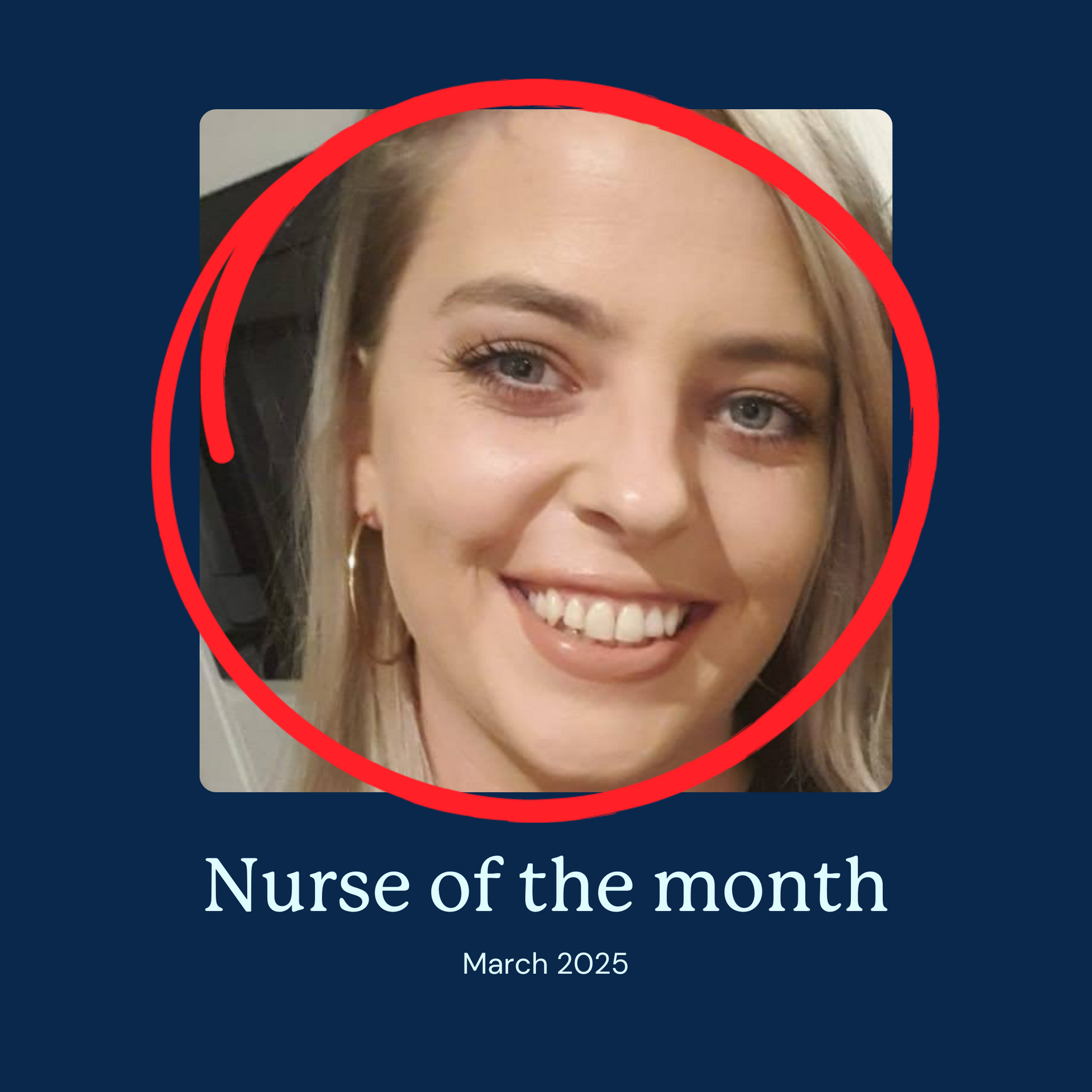
We sat down with one of our very own Prison Health Registered Nurses (RN), Lee, who shared what it's like nursing behind bars.
Lee graduated with her nursing degree in 2016 and with only a few years of experience, she worked on the frontlines during the COVID-19 pandemic. She joined us in September last year and with her experience has been an asset to the First Choice Care team.
With Lee's background being predominately in primary health, she has flourished in her role as a Prison Health RN, ensuring those within our prison system continue to receive their healthcare needs.
What was it like working on the frontlines as a fairly new nurse?
It was hard, but also very rewarding. I think at the beginning I was a bit nervous being on the frontline, but in the end, you just have to do what you can. I was able to experience many different jobs throughout the pandemic, including isolation hotels, taking COVID samples and working in drive through clinics, processing the samples as well as work in vaccinations hubs.
Explain a day in the life of a Prison Health RN?
I am still fairly new to the role, but I have worked in male prisons as well as one female prison. As a prison health nurse, I have daily tasks including medication preparation and rounds, tending to medical requests such as dental pain, injuries and mental health concerns. Often my role is conducting a patient assessment and connecting patients to the right healthcare professionals, such as a Nurse Practitioner or Doctor, the mental health team, opioid substance therapy team or even reviewing the patient's medical treatment.
Sometimes nurses must attend to medical emergencies, and we will follow protocol to address the situation. Luckily, I haven’t had any extreme emergencies since working as a prison health nurse.
What is the most interesting thing about being a prison health nurse?
While we have our daily tasks, no day is ever the same. There is always a variety of situations which keeps my job interesting, so I always get to learn something new on a shift.
What is your favourite thing about being an agency nurse with FCC?
The main thing would be that I can put my own availability down for shifts and schedule my work with my life. I try to put my availability down to work 4 days a week, but I don’t always have to work that if I don’t want to.
The First Choice Care team is great. They ask me what I prefer, and they never push me to do anything I am not comfortable with.
What do you like getting up to outside of work?
I like to walk my dogs, get the groceries done and stay at home with my husband.
Can you name 3 valuable skills you've gained since working as a Prison Health RN?
- Time management
- Decision making skills
- Effective communication skills.
Communicating with prisoners
It’s much more straightforward than most think. I like to go through the medical situation point by point with patients. It’s like working in any other medical facility. You don’t see patients as prisoners, and you support them as you would in the outside world.
Would you recommend prison work to your fellow nurses? If so, what advice would you give.
Yes, and I would say don’t be afraid to ask for help in your role. The nurses I work with are approachable and willing to help, we all stay positive and look after each other.
If you're working with us and want to get involved in our next Nurse Talks please get in contact with us at marketingHC@peoplein.com.au.
For anyone interested in joining us you can
apply now.
More articles







